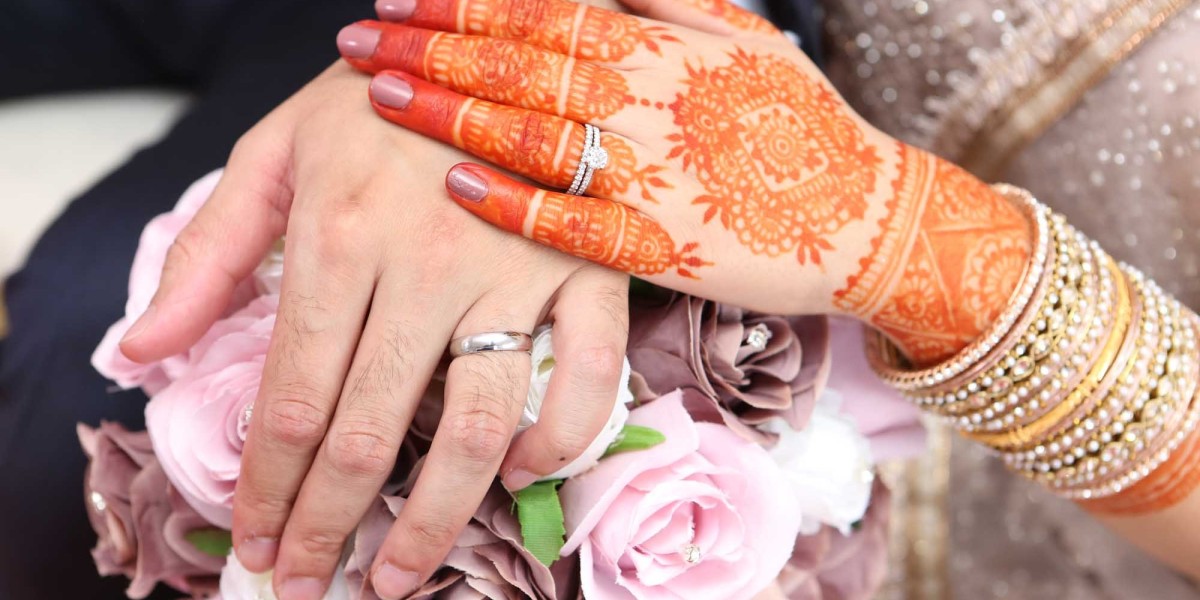Walima holds a special place in Muslim weddings. It is not just a celebration; it is a Sunnah that carries deep meaning, gratitude, and community bonding. Many families preparing for marriage often focus on the Nikah ceremony and the Nikah Namah, but the completion of this sacred union feels whole only after the Walima. In this blog, let’s understand Walima in Islam—its meaning, Sunnah guidelines, traditions, and how families can honour it with sincerity and joy.
What Is Walima in Islam?
In simple words, Walima Islam refers to the marriage feast arranged by the groom after the Nikah. It is a Sunnah of Prophet Muhammad (peace be upon him), performed to announce the marriage publicly and express gratitude to Allah. Walima is not meant to be a show of wealth; instead, it is a gathering that celebrates the union of two individuals and two families.
The purpose of Walima is to share happiness with relatives, neighbours, and the community. It invites blessings and prayers for the newlywed couple. This makes Walima one of the most meaningful traditions in Islamic marriages.
The Purpose and Spirit of Walima
Walima is guided by sincerity. It is an act of thanksgiving that encourages Muslims to build bonds of love and unity. When a couple signs their Nikah Namah, they enter a new chapter of responsibility and companionship. Walima marks this transition with humility and joy. The celebration reflects:
1. Gratitude to Allah
The newly married couple expresses thanks to Allah for bringing them together and granting them a lawful and blessed union.
2. Public Announcement of Marriage
Islam encourages transparency. Walima announces the marriage openly, preventing secrecy or confusion.
3. Strengthening Relationships
Inviting people to Walima builds closeness among families, neighbours, and friends. It becomes a moment to share happiness with the community.
4. Seeking Prayers and Blessings
Guests offer heartfelt prayers for a peaceful married life. These blessings are considered a source of barakah (divine goodness).
Sunnah Guidelines for Walima in Islam
The beauty of Walima Islam lies in its simplicity. The Sunnah does not place pressure on extravagant arrangements. Instead, it encourages a gathering filled with warmth and modesty. Here are the key guidelines drawn from Islamic teachings:
1. Timing of the Walima
Walima should be held after the Nikah is completed. In many traditions, it is arranged after the rukhsati (when the bride goes to the groom's home), but scholars agree that any time after Nikah is valid.
2. Simplicity Over Show
The Sunnah promotes moderation. The Prophet (peace be upon him) himself arranged simple Walimas, sometimes with basic meals such as dates or barley. The focus is on the intention, not extravagance.
3. Inviting Without Discrimination
A Sunnah-compliant Walima does not discriminate between rich and poor. Everyone should feel welcome. Islam teaches kindness, generosity, and inclusion.
4. No Unnecessary Customs
Walima should be free from practices that contradict Islamic values. Music or activities that go against modesty should be avoided. The environment should encourage blessings and positivity.
5. Feeding People
Offering food during Walima is a Sunnah. Whether it is a large meal or something simple, the act of feeding people brings immense reward.
How Walima Strengthens Community Bonds
Walima brings together relatives, neighbours, and the broader community. In today’s fast-moving world, families sometimes feel distant. This celebration gives everyone a chance to reconnect. Guests attend not just to enjoy a meal, but to share joy, support the new couple, and offer practical advice for their journey ahead.
Many elders consider Walima a moment to gift heartfelt wisdom. Many younger relatives see it as a moment to feel included and connected. These ties help the couple feel supported in their early days of marriage.
Walima Islam and the Modern Wedding Culture
Modern celebrations often face pressure from social expectations. Families sometimes feel the need to match others or arrange a grand event. However, Islam encourages sincerity over competition. Walima does not require luxurious décor, large halls, or expensive menus. The best Walima is the one done with pure intention.
Choosing moderation helps avoid stress. It also encourages families to focus on what truly matters—the beginning of a blessed union. Even a simple home gathering fulfils the Sunnah beautifully.
Role of the Nikah Namah and the Walima Ceremony
The journey to Walima begins earlier—with the Nikah itself. When a couple signs the Nikah Namah, they make a promise to uphold trust, responsibilities, and compassion. This moment marks the formal beginning of their marriage.
The Walima then acts as the second step. It announces the marriage publicly, allowing the community to witness and acknowledge the new bond. Families often take pride in preparing the Nikah Namah and then arranging a Walima that reflects modesty and happiness.
Whether the gathering is large or small, the meaning remains the same: gratitude and celebration.
Food Traditions in Walima Islam
Food is central to Walima, but not for extravagance. It symbolizes sharing and hospitality. While different cultures have different dishes, the intention is to serve guests with warmth.
Some families prepare meals at home, while others arrange catering. Many communities include dishes that represent heritage. The aim is not to impress but to welcome.
Guests are encouraged to accept the invitation unless they have a genuine reason. Attending Walima is considered a gesture of respect and support for the couple.
Common Questions About Walima in Islam
1. Is Walima compulsory?
Walima is not obligatory, but it is a strong Sunnah. Following it brings blessings and aligns the marriage with prophetic teachings.
2. Who hosts the Walima?
The groom or his family typically arranges the Walima.
3. How big should a Walima be?
There is no fixed size. It can be very simple or a bit larger based on one’s means, as long as it avoids waste and show.
4. Can Walima be held at home?
Yes. In fact, a home Walima often feels more personal and relaxed.
5. Is separate seating necessary?
Many families arrange separate seating for men and women to maintain modesty. This follows Islamic principles but depends on cultural norms too.
Keeping Walima Heartfelt and Meaningful
To make Walima memorable, families can focus on meaningful elements such as:
Sincere duas (prayers)
Warm hospitality
Simple decorations
Welcoming all guests equally
Offering food prepared with care
Keeping the atmosphere peaceful and respectful
The couple may also express gratitude to their families for arranging the Nikah Namah and the Walima with love and effort. These small gestures increase joy and unity.
Final Thoughts
Walima Islam beautifully blends tradition, faith, and community spirit. It completes the wedding process with grace and gratitude. While weddings around the world keep evolving, the essence of Walima remains timeless—simplicity, sincerity, and sharing happiness.
A Walima does not need grandeur to be meaningful. What matters is the intention behind it. When families take steps rooted in Sunnah, honour the Nikah Namah, and invite loved ones with an open heart, the celebration becomes full of blessings.
Whether you are preparing for a wedding or learning about Islamic traditions, understanding Walima helps you appreciate the depth and beauty of this practice. Celebrate with humility, gather with love, and begin the married journey with gratitude.








